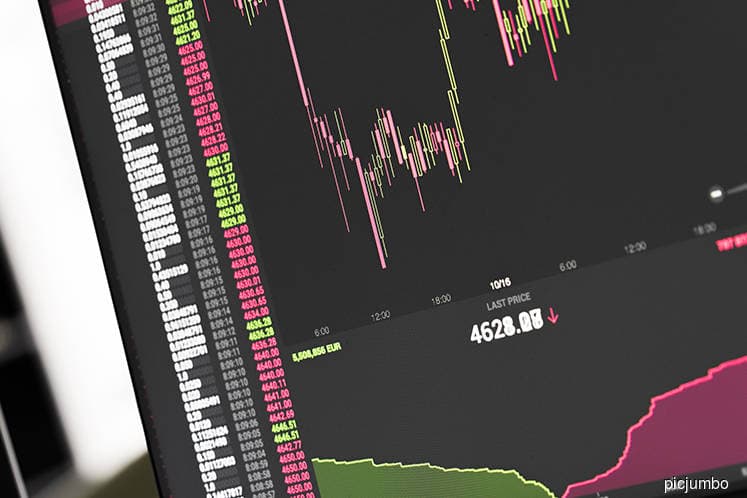
This article first appeared in The Edge Financial Daily on December 19, 2018
KUALA LUMPUR: After a technical surge in foreign bond inflows in October, the trend reversed in November, declining to RM5.2 billion on a month-on-month basis, said RAM Rating Services Bhd.
The foreign bond inflows surged to RM7.8 billion in October, following a readjustment of the bond composition of the JPM GBI-EM Index.
RAM head of research Kristina Fong said the decline in November was not entirely surprising given the myriad developments during the month, which prompted foreign investors to park their funds elsewhere.
“If not for some portfolio rebalancing by index-based investors, the scales would be tipped towards even greater outflow pressure going forward. Lingering global uncertainties over the US-China trade spat and Brexit outcome still take centre stage, fuelling global risk aversion,” she said in a statement yesterday.
Fong noted that the tabling of Budget 2019 in early November pointed to a wider-than-expected targeted fiscal deficit of 3.7% of gross domestic product (GDP) this year and 3.4% next year, raising concerns about how the “big three” rating agencies will react to this development.
“That said, there may be some respite from fiscal concerns in December as Moody’s reaffirmed Malaysia’s A3 sovereign rating and maintained its stable outlook earlier in the month,” said RAM.
Other than the tabling of Budget 2019, the rating agency said foreign holdings also declined throughout November due to positioning in the lead-up to the US Federal Reserve’s continued tightening in December, the ringgit’s weakness relative to its regional peers, and Malaysia’s more subdued GDP growth of 4.4% in the third quarter of 2018.
On corporate issuances, RAM said the total gross number for the year would more than likely surpass its forecast of RM90 billion-RM100 billion for 2018. As at end-November, an additional RM8.8 billion of corporate issuance had brought year-to-date issuance to RM99.5 billion.
“That said, one of the clear trends in this post-GE14 era is that quasi-government debt papers will no longer be able to prop up corporate bond issuance in 2019; the market is already experiencing a slowdown in such issuance,” it said.
RAM said it had observed a clear moderation in the issuance of infrastructure-related debt securities.
“We expect this trend to continue as the government maintains its stance on rationalising the country’s debts through more stringent management of project costs and timelines. We envisage gross corporate issuance to moderate to RM70 billion-RM80 billion in 2019,” it said.